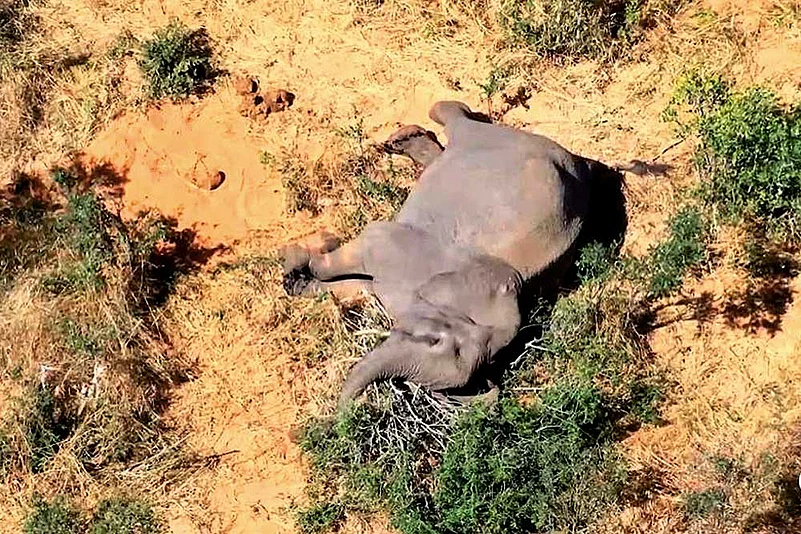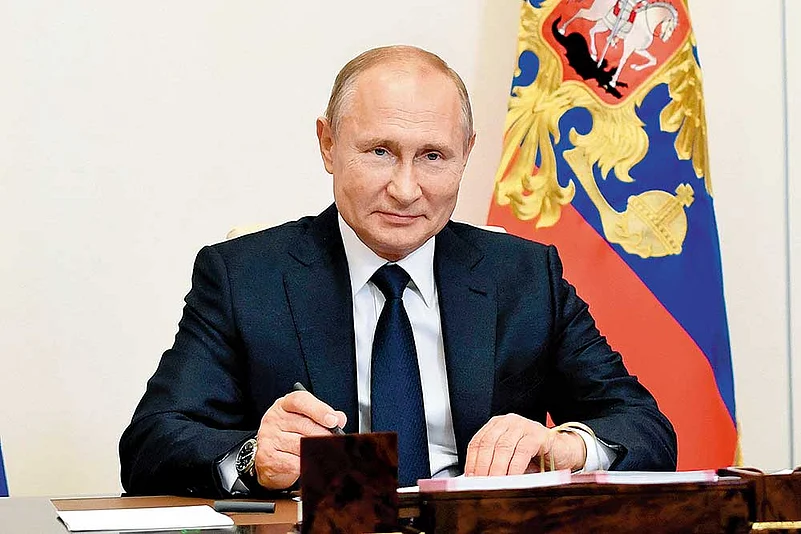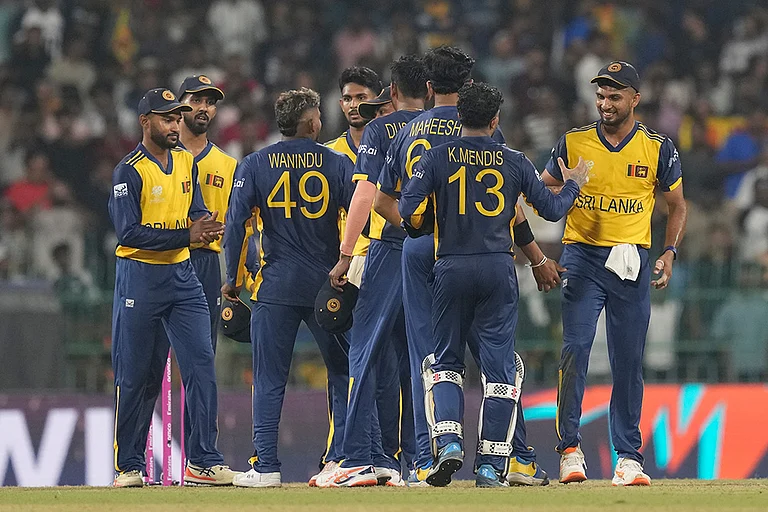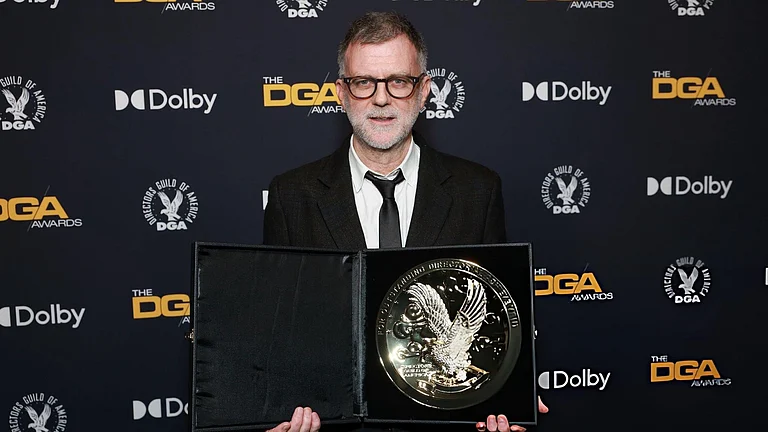World Tour
Hong Kong The national security law for the restive city gives the police authority to conduct searches without a warrant, restrict suspects from leaving, and intercepting communications. The law, imposed last week following anti-government protests last year, makes ‘secessionist, subversive and terrorist’ activities illegal. Critics see it as Beijing’s boldest step to erase the legal firewall between the former British colony and the mainland’s communist party system.

New Zealand Health minister David Clark has resigned after a series of gaffes. He had earlier described himself as an “idiot” for breaking lockdown measures. Last week, he placed the blame for allowing some travellers to leave quarantine without tests with director-general of health Ashley Bloomfield—the nation’s public face of the virus response, triggering anger throughout the nation.

Botswana Mystery surrounds the deaths of hundreds of elephants over the last two months. The reason for the deaths is unknown, with lab results awaited. Botswana is home to the world’s largest elephant population. Officials had spotted over 350 elephant carcasses in the Okavango Delta since the start of May. Poaching is ruled out, so is natural anthrax poisoning.

Foreign Hand
President Vladimir Putin has ordered amendments that would allow him to remain in power until 2036 to be put into the Russian Constitution after voters approved the changes during a week-long referendum. “The amendments… come into force, without overstating it, at the people’s will,” Putin said after he signed a decree to have the constitution revised. The changes allow Putin to run for two more six-year terms after his current one expires in 2024, but also outlaw same-sex marriages, mention the “belief in God as a core value” and emphasise the primacy of Russian law over international norms.
Kremlin critics denounced the results—with 78 per cent “yes” votes and a nearly 68 per cent turnout—as falsified. The weeklong exercise was tarnished by widespread reports of relentless pressure that state and private employers put on their staff to vote, monitoring undermined by bureaucratic hurdles and virus-related restrictions, and other irregularities. In January, Putin first proposed the constitutional changes. His intentions became clear only hours before a vote in parliament, when legislator Valentina Tereshkova, a Soviet-era cosmonaut who was the first woman in space in 1963, proposed letting him run two more times, meaning the 67-year-old could rule till he turns 83. Putin, who has been in power for over two decades—longer than any other Kremlin leader since Stalin — said he would decide later whether to run again in 2024. If he does continue for that long, Putin won’t be the first leader in the neighbourhood to have such a run—Belarus president Alexander Lukashenko has been in power since 1994, and Kazhakhstan’s Nursultan Nazarbayev resigned in March 2019 after being in power since 1990.
Putin’s move comes two years after China approved the removal of the two-term limit on the presidency, effectively allowing Xi Jinping to remain in power for life, in a vote widely regarded as a rubber-stamping exercise. Xi would have been due to step down in 2023. Xi’s sweeping powers were reflected in the containment measures to stop the coronavirus from spreading. Chinese authorities also followed up with more intrusive measures to monitor citizens for dissent, continued their repression in Xinjiang, and pushed a hard line over a range of issues, including over Hong Kong, Taiwan and the rivalry with the US.
In Hungary, self-styled “illiberal” Prime Minister Viktor Orban pushed a legislation that gave him power to rule by decree during the coronavirus crisis (it was later revoked by parliament). And in Israel, Benjamin Netyanhu used the pandemic to postpone his criminal trial over his charges of bribery, fraud, and breach of trust in three separate cases.

























